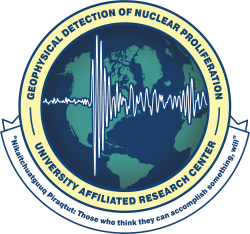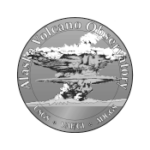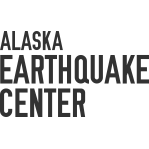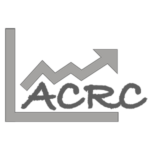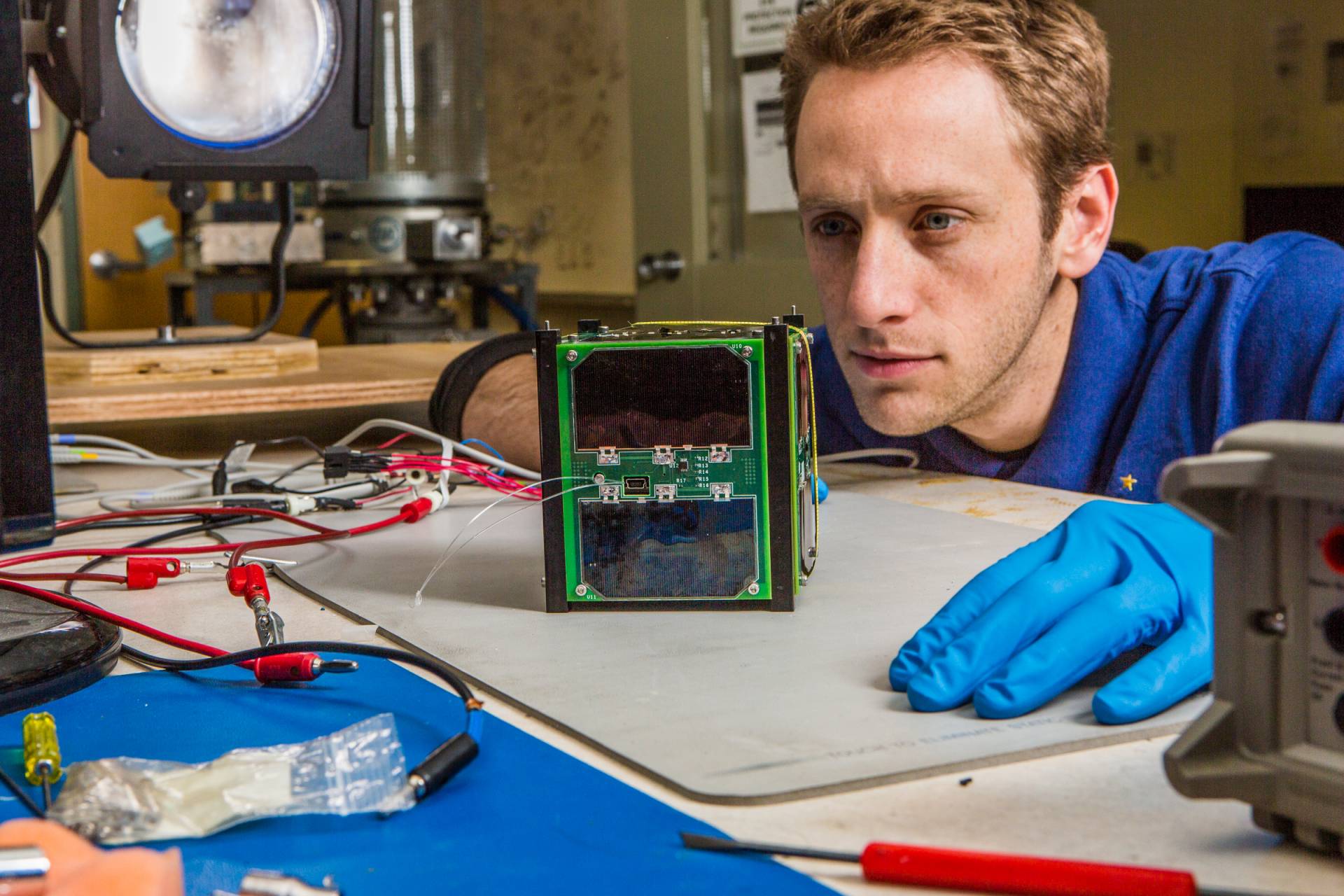
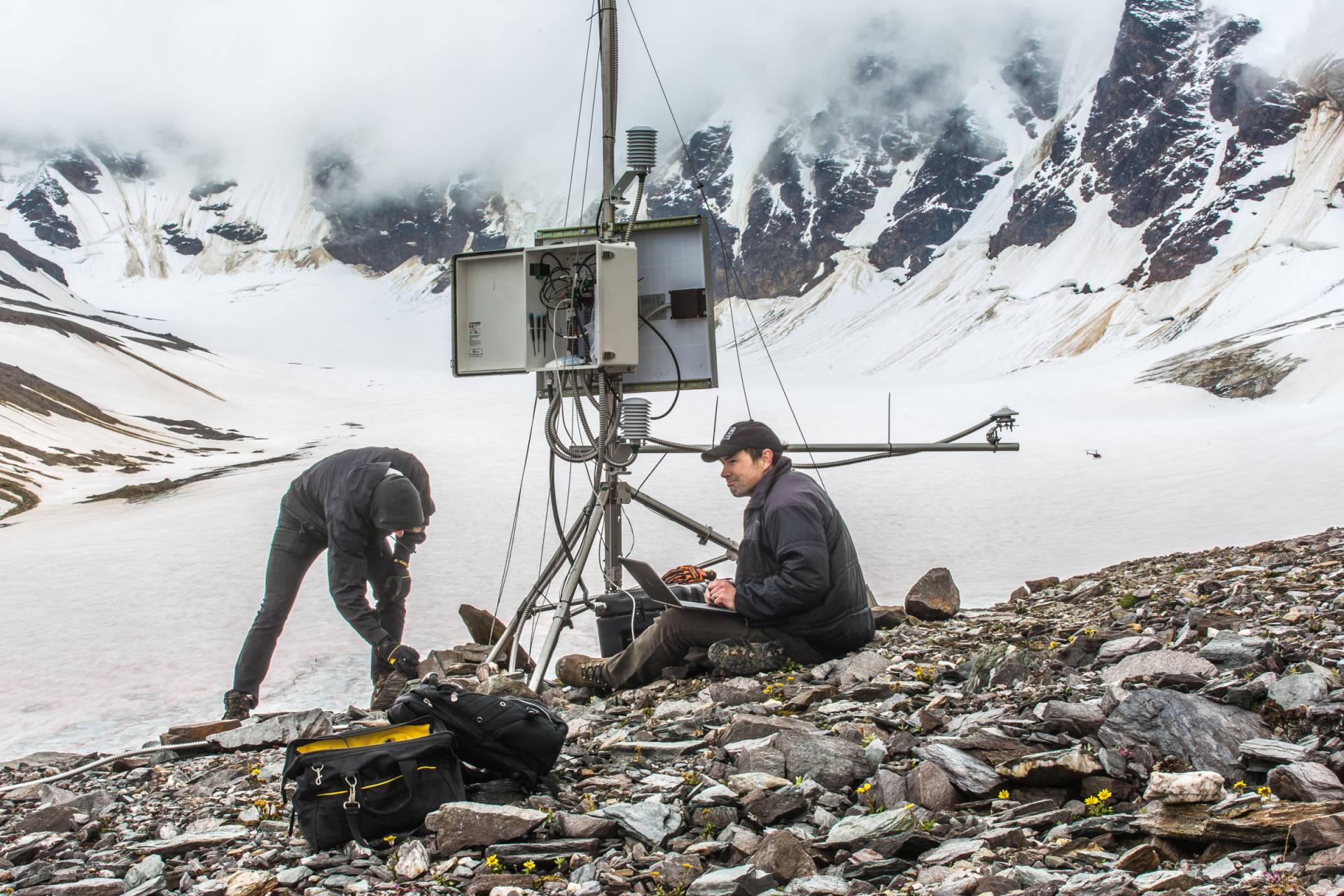
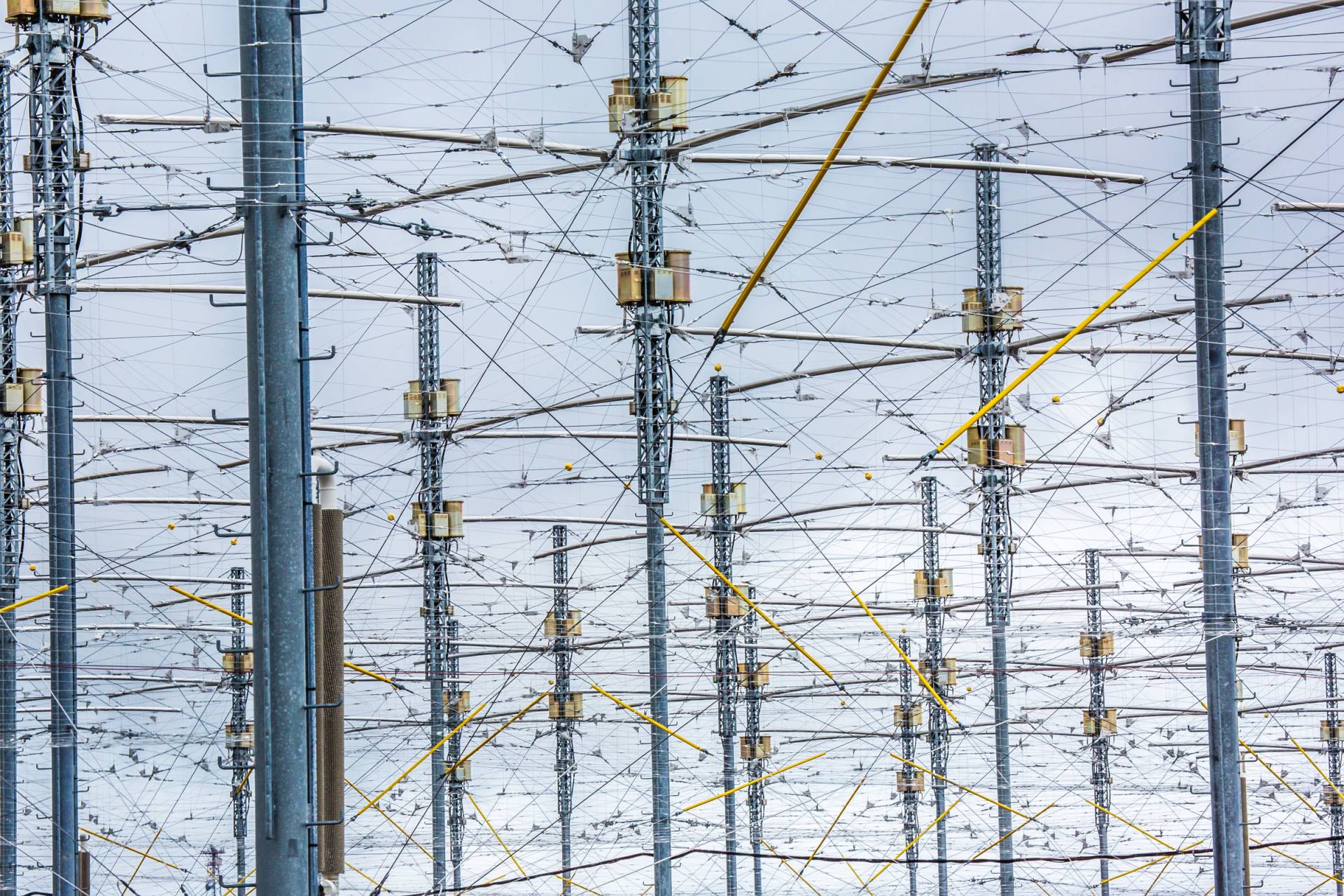
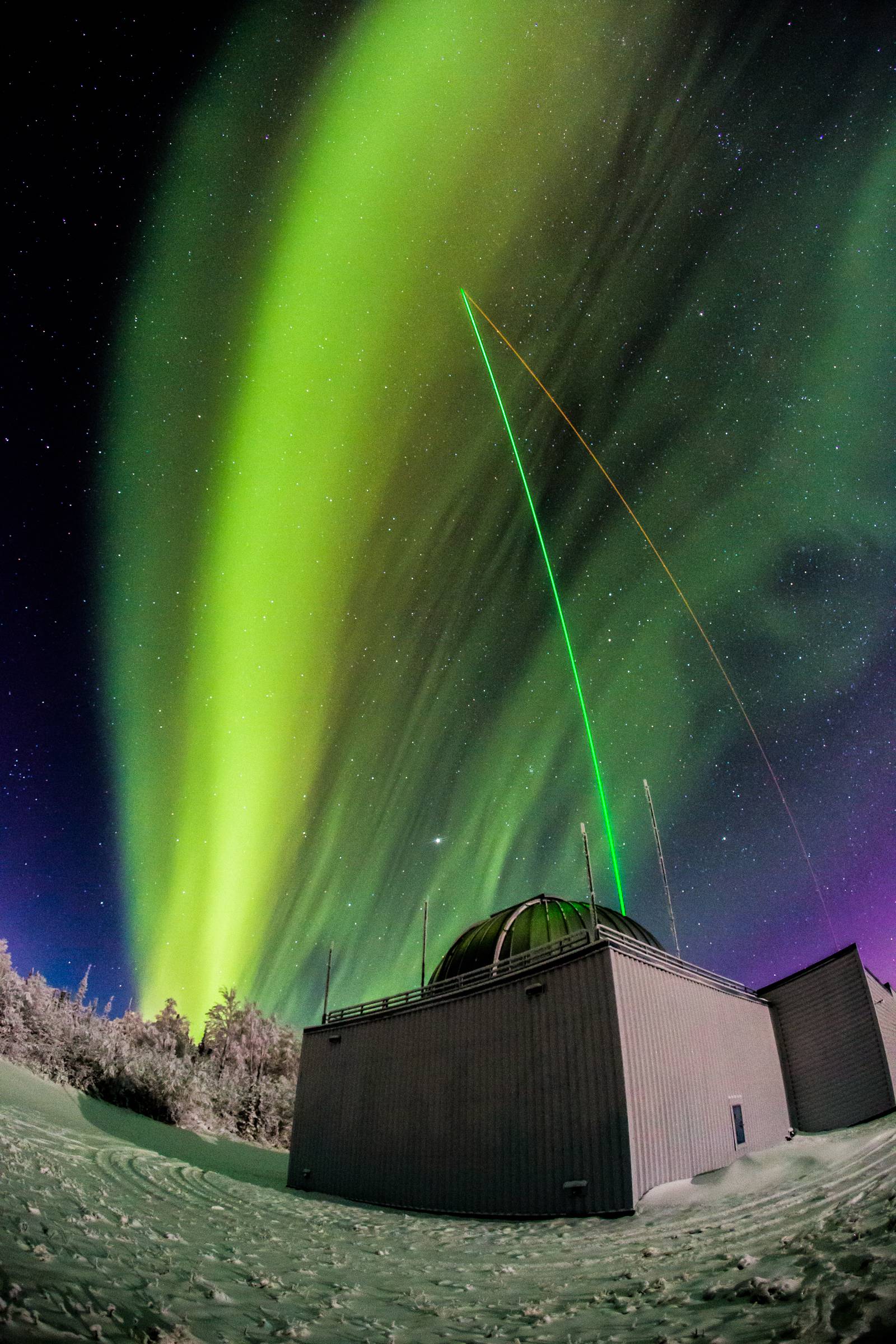
Conduct RDT&E of techniques & technologies related to global geospatial intelligence (GEOINT) supporting the detection of nuclear proliferation.
Conduct research, development, testing & evaluation (RDT&E) of techniques & technologies related to global nuclear treaty verification.
Conduct RDT&E of techniques & technologies related to global geophysical measurement and signature intelligence (MASINT) supporting the detection of nuclear proliferation.
Conduct basic & applied geophysical research in the solid earth, atmosphere, cryosphere, oceans, unmanned aerial systems & space.
Geophysical Detection of Nuclear Proliferation
Established 2018
Sponsored by the Deputy Assistant Secretary of Defense for Threat Reduction and Control the Geophysical Detection of Nuclear Proliferation University Affiliated Research Center (GDNP UARC) assists in the oversight and guidance of Department of Defense (DoD) research, development, testing, evaluation and use of scientific and technological capabilities to improve the capability to sense, locate, characterize, and assess the threat potential of global nuclear activities. The core mission of the GDNP UARC is to assist the DoD and the Interagency in achieving dominate capabilities through technical excellence and innovation in early detection and analysis of nuclear proliferation as it applies to geophysical phenomenology.
GDNP UARC
Core Competencies
Nuclear Treaty Verification
Theoretical and practical understanding of techniques and technologies related to nuclear treaty verification, from research and development of such techniques and technologies, to their implementation and operation around the world.
MASINT
Theoretical and practical understanding of techniques and technologies related to geophysical measurement and signature intelligence (MASINT) from research and development of such techniques and technologies, to their implementation and operation around the world.
GEOINT
Theoretical and practical understanding of techniques and technologies related to Geospatial Intelligence (GEOINT) from research and development of such techniques and technologies, to their implementation and operation around the world.
Geophysical Research
Basic and applied geophysical research in the solid earth, atmosphere, cryosphere, oceans, unmanned aerial systems and space.
GDNP UARC
Complementary Capabilities
- Specialized facilities for geophysical research, development, testing and evaluation (RDT&E) in acoustics, high performance computation, data analysis, global fieldwork, instrumentation, monitoring, radionuclide sensing and analysis, remote sensing, seismology, signal processing and volcanology.
- Data collection in extreme operating environments, full-scale seismic and acoustic modeling, atmosphere transport modeling, event forensics for yield estimation and characterization.
- Internationally recognized nexus of national and international academic, industrial, interagency and defense partnerships in nuclear treaty verification, facilitation effective interchange and fostering an environment of excellence in the development of multidisciplinary solutions.
- Education supporting DoD workforce development and training across the geophysical spectrum.

